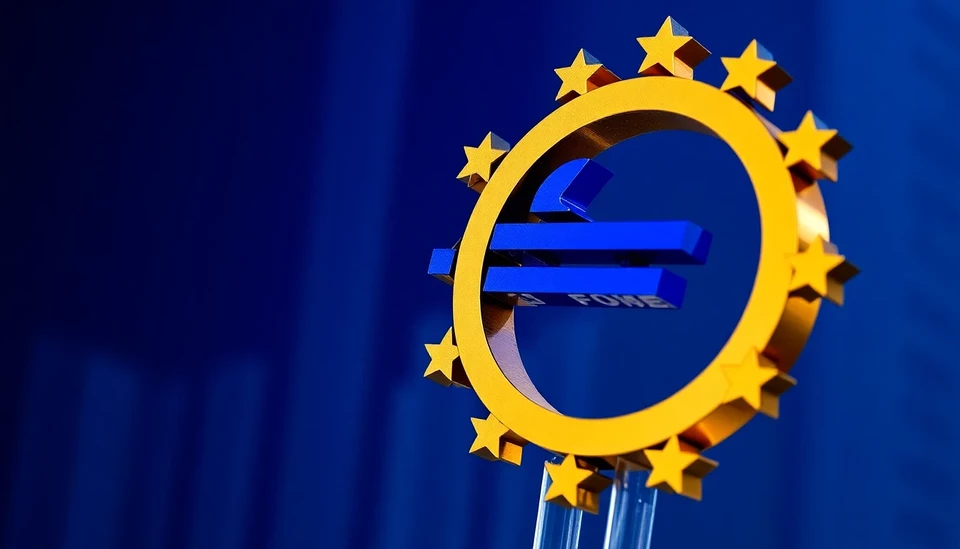
In a recent statement that has stirred discussions within financial circles, Luis de Guindos, the European Central Bank’s Vice President, indicated that the euro might evolve into a prominent alternative reserve currency in the coming years. This assertion comes as global economic dynamics shift and the financial stability of the eurozone continues to be scrutinized amidst rising geopolitical tensions and economic uncertainties.
Guindos expressed optimism regarding the euro's standing in the global currency hierarchy, suggesting that various factors could position the euro as the go-to currency for international reserves, traditionally dominated by the U.S. dollar. He highlighted that the eurozone benefits from a robust economic framework, democratic governance, and a track record of stability, which collectively enhance the euro's appeal to central banks and financial institutions worldwide.
The Vice President elaborated on the current geopolitical landscape, which has seen certain countries expressing a desire to reduce their dependence on the U.S. dollar. This trend has been driven by a combination of factors, including economic sanctions, trade disputes, and a burgeoning nationalist sentiment that promotes local currencies. As such, the desire for a diversified portfolio of reserve currencies is becoming increasingly evident among various nations.
Moreover, Guindos noted that the euro's attractiveness is further supported by the European Union's strategic economic initiatives aimed at reinforcing the eurozone's global economic clout. Recent developments such as the bloc's recovery plans and investments in green technologies could enhance the euro's reliability, making it a more favored option for global reserves.
Looking ahead, Guindos urges central banks to consider the euro as a viable alternative, particularly in a landscape where the dollar's dominance is being contested. He pointed to recent statistics as evidence of growing interest in the euro, indicating that its share in global foreign exchange reserves, currently at around 20%, could increase as nations seek to mitigate risks associated with dollar dependence.
As the world continues to grapple with economic fluctuations, shifts in currency reserves could have significant implications for international trade, investment flows, and financial stability. The potential transition towards increased euro holdings signals a notable shift in global finance, one that policymakers, investors, and businesses should closely monitor.
In conclusion, while the euro has a journey ahead to rival the dollar, Guindos's comments reflect a growing ambition for the euro to step into a more prominent role in the global economy. The evolving landscape emphasizes the need for a thoughtful approach toward currency diversification and heralds a future where the euro could solidify its status as a key player among world currencies.
#Euro #ReserveCurrency #Guindos #EuropeanCentralBank #GlobalFinance #Economy #CurrencyShift #DollarAlternative #FinanceNews
Author: Rachel Greene




